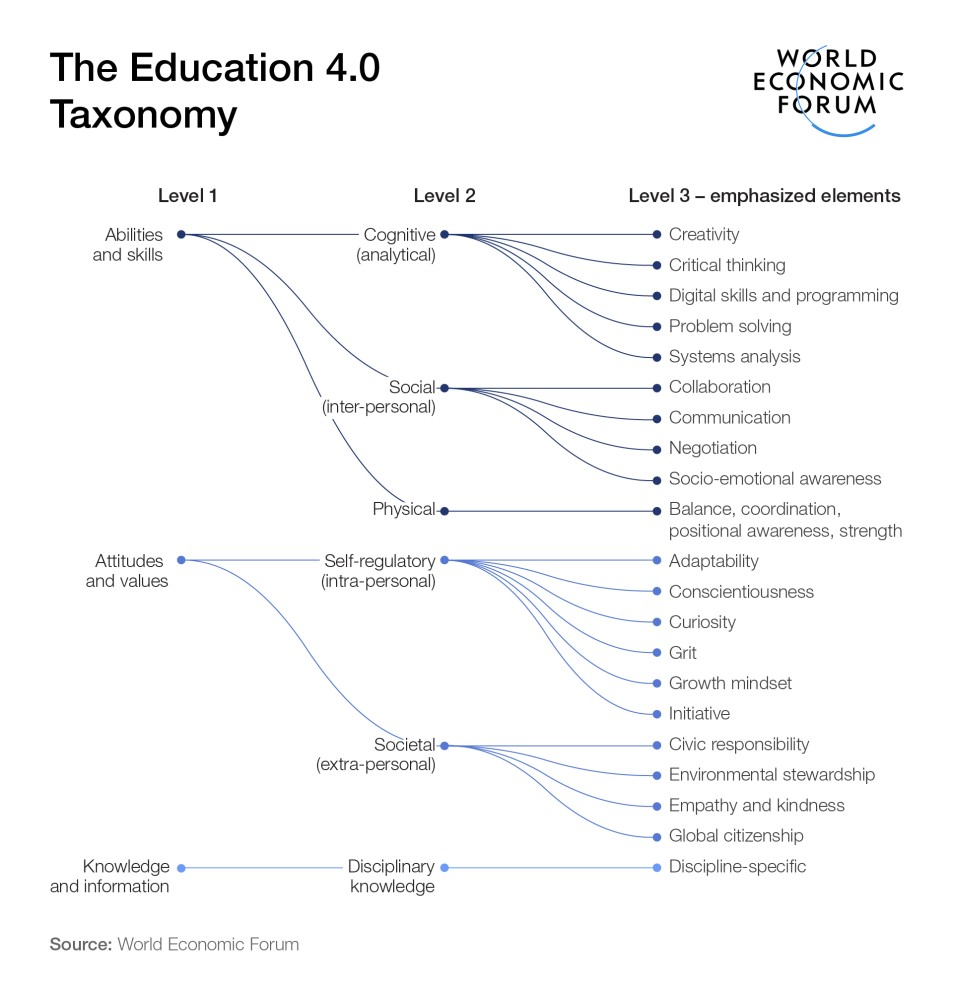
Link: https://icthealth.nl/nieuws/radboudumc-krijgt-vier-nieuwe-ai-labs
Education must prepare young learners for the future
Categories
Tags
Deel dit artikel
Wilt u belangrijke informatie delen met de redactie?
Tip hier de redactie
Education must prepare young learners for the future
The world of business and society are changing. Rising inequality, disinformation, the effects of climate change and rapid advancements of technology are just a few of the trends we’re seeing. And with this the skills children need to navigate life and work, are changing too. Yet, less than half of the world’s children are on track to develop the skills they need to thrive, according to UNESCO.
Children need to learn to collaborate, to have empathy and kindness, to look after each other and the environment, as well as to solve problems and think critically. These skills are important for living fulfilled lives just as much as they are important to contribute to the labour market and society at large.
Historically, education systems around the world have emphasized acquiring knowledge and information and de-prioritized interpersonal skills. This needs to change.
““The future of education lies in empowering young learners to embrace and develop their uniquely human qualities – those unlikely to ever be replaced by technology.”
”
— World Economic Forum, Defining Education 4.0: A Taxonomy for the Future of Learning Report.
Research has found that a breadth of skills can support academic performance and promote psychological wellbeing of children. In short, education systems around the world need to transform to prepare young learners and entire societies for the future.
Creating shared understanding to drive the skills agenda forward
Through engaging with its network across governments and the private sector, WEF identified that education providers (on the supply side) and the business community (on the demand side) do not have a common language when it comes to talking about skills.
Shared definitions and understanding are essential to drive the skills agenda forward, encourage investment and guide implementation of innovative pedagogies from an early age. In 2020, WEF developed the Education 4.0 framework for the teaching and learning of skills required in the 21st century.
Now, this newly developed skills taxonomy builds on that framework, clearly spelling out Education 4.0 abilities, skills, attitudes and their associated definitions to create a bridge between businesses and education providers.
The taxonomy is built on three aptitudes: (1) abilities and skills, (2) attitudes and values, and (3) knowledge and information. It places particular focus on abilities and skills as well as attitudes and values as these are the most important according to experts and employers. The taxonomy then breaks down the aptitudes into two more detailed levels. For example, on level 2, abilities and skills are broken down into cognitive, interpersonal and physical skills. Cognitive is then broken down into definitions for creativity, critical thinking and digital skills and programming and so forth. The rationale behind this structure is to provide confidence for business and education
Read here the article
Source: https://www.weforum.org/




